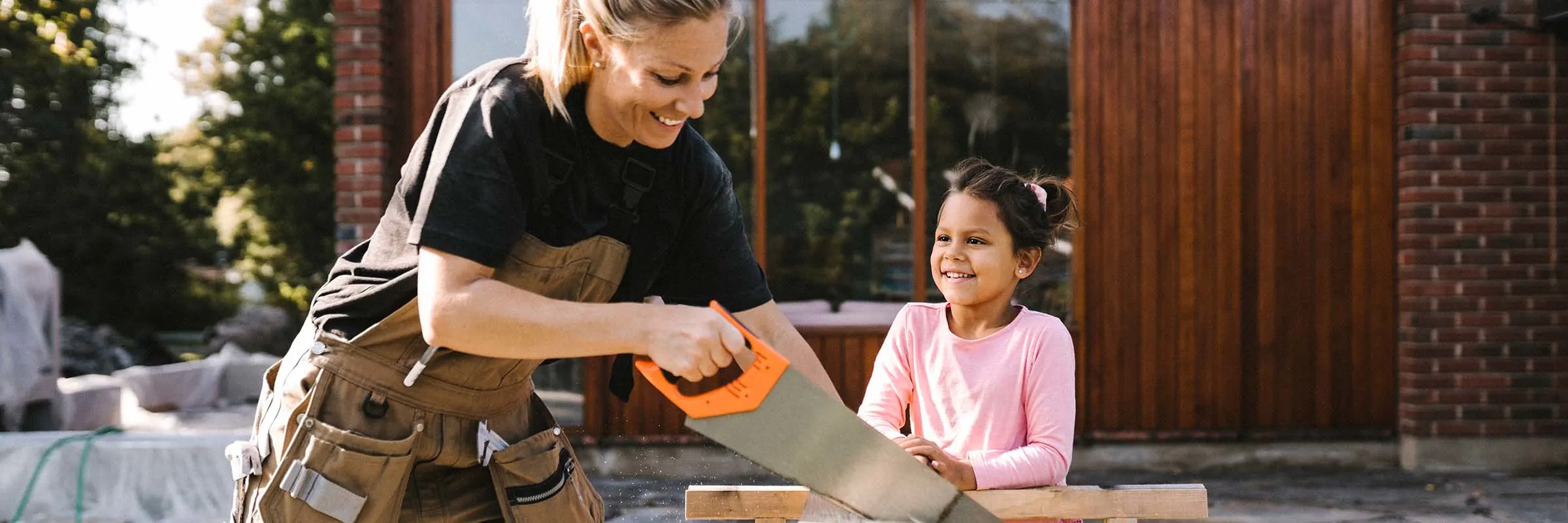Between touring houses to find the right place, securing a loan, putting in an offer and settling in after moving day, the process of purchasing a home can take months. The closing process is a series of final steps that can include fees, inspections and more. Closing day is the official day when the home, condo or townhouse legally becomes yours.
Learn more: Ally Bank’s Savings Account has tools to help you save for your specific goals
How long is the process of closing on a house?
A typical closing process — from filling out the loan application to signing the paperwork on closing day — takes, on average, between six to seven weeks. Expect the day-of closing process to take maybe an hour or two as you sign paperwork and ask your realtor or attorney any remaining questions.
A typical closing process — from filling out the loan application to signing the paperwork on closing day — takes, on average, six to seven weeks.
What are the steps of the closing process?
Depending on your purchasing circumstances, there may be additional steps, but almost all closings will include the following:
1. Sign the purchase agreement
A purchase agreement lays out the details of the transaction, such as closing costs, buyer financing, contingencies, etc. Both buyers and sellers must accept and sign this agreement to legally complete the sale.
2. Undertake the loan origination process
Origination refers to the mortgage application and approval process in which the buyer is qualified and verified for a loan, usually through a bank, lending company or a national or state homebuyer program. During this process, the lender will provide a loan estimate for you to review and approve before moving forward with the transaction.
3. Get homeowners and title insurance
You’ll have to provide proof of homeowners insurance, which covers home repairs in the event of damage, and title insurance, which protects you and your lender in the event of any title issues.
4. Schedule a home inspection
You may choose (or be required) to schedule a professional home inspection. A trained individual will assess the condition of the home, including appliances, utilities, electrical, plumbing, heating/cooling, exterior and more. You should attend, if possible. The inspection report will outline any existing or potential issues and will help guide you in determining with the seller whether they will make repairs or cover the costs by reducing the home price.
5. Finalize closing disclosures
Once everything else is locked down, you’ll receive a notice of the closing date, time and location, as well as a list of what to bring on closing day (more on that below). You’ll also be given a closing disclosure by your lender which includes your final loan terms and closing costs.
6. Conduct a final walkthrough
The day before closing, your real estate agent will schedule a final walkthrough of the property to ensure the seller’s furniture and belongings are gone. Take this time to test appliances, faucets, light fixtures, windows, doors, locks and anything else you can think of — this is your last chance to confirm everything is in proper working order before sealing the deal. Express concerns and ask any remaining questions you have, so you’re not signing or paying for something you feel unsure about.
What to expect on closing day
You’ll meet your real estate professional and closing agent to sign a lot of paperwork, which your realtor should go through and explain to you thoroughly.
Documents to prepare for closing
If you’re working with a real estate agent or attorney, they will likely have most documentation provided for you (besides payment and ID), but it never hurts to contact them and confirm. You’ll likely need:
Inspection documents
Appraisal information
Loan documents
Proof of homeowners and title insurance
Closing disclosure
A form of identification
A certified or cashier’s check (if you’re not wiring the money)
Closing costs to expect
In addition to your down payment, there are other fees and expenses you must pay during closing. Typically, these closing costs total between two to five percent of the mortgage amount and fall into three categories:
Lender fees, such as the origination fee, discount points, underwriting fees and sometimes processing fees
Third-party fees, such as for the appraisal, property survey, title search, title insurance, attorney, credit bureau, flood certification, tax certification and recording/state fees
Additional costs, such as mortgage insurance or an escrow account (an account that you fund and your lender manages to cover things like tax and insurance payments)
Home title transfer
Last, but not least, the title of the home will be officially transferred to you. A property title is in possession of its legal owner, so this is a critical step in closing on your home. Both the seller and buyer will need to sign a deed that details a description of the property. This should be provided by your real estate agent.
Finish your homebuying journey on a high note
The home closing process may seem overwhelming, but by getting all your ducks in a row and working alongside your realtor and lender, you can rest easy and collect the keys for your new home in no time.



